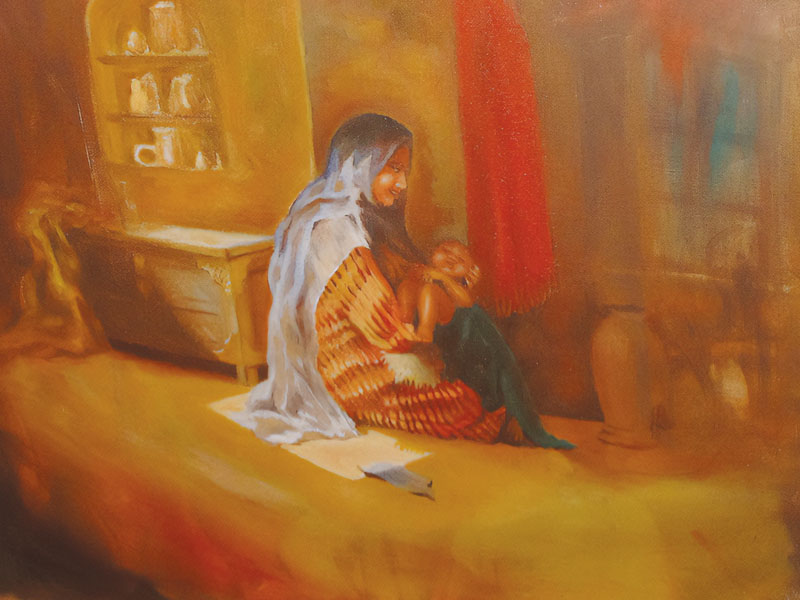The portrayal of Palestinian women in folkloric proverbs
Issue 25

As one of the most common elements of folklore, proverbs offer faithful representations of individual and shared experiences. Some proverbs allude to incidents and events, and many reflect the community’s ethics and relationships. The study of proverbs is a study of social norms, trends and cultural values. Folkloric proverbs are no less sacred than norms and laws.

This study seeks to illustrate how Palestinian women are portrayed in folkloric proverbs by explaining the cultural, social, economic and educational statuses that informed the image of women in Palestinian society.
Palestinian folkloric proverbs look at women from a positive perspective, where the proverbs take the woman’s side, and from a negative perspective, where women are portrayed as inferior, as having marginal roles and as being followers of men.
The folkloric proverb summarizes Man’s experience and his knowledge of himself, others and the world around him. Such proverbs give us insight into a nation’s character, dreams, suffering and the details of day-to-day life.
Folkloric proverbs result from a combination of history, culture, geography, literature, economics, religion, customs and traditions; when these elements combine in the nation’s collective memory, they are distilled into eloquent wisdom in the few words of a proverb.
The folkloric proverb plays a role in depicting a society’s social and economic values; it also contributes to shaping culture, philosophy and conduct, and encourages the members of a society to have positive attitudes and to treat others well.
Many Palestinian folkloric proverbs mention women, commenting on both the sweet and bitter details of women’s lives. The folkloric proverb has endured, and it still reflects the traits and characteristics of Palestinian women.
Shadin Mohammed Hussein
Jordan







































































